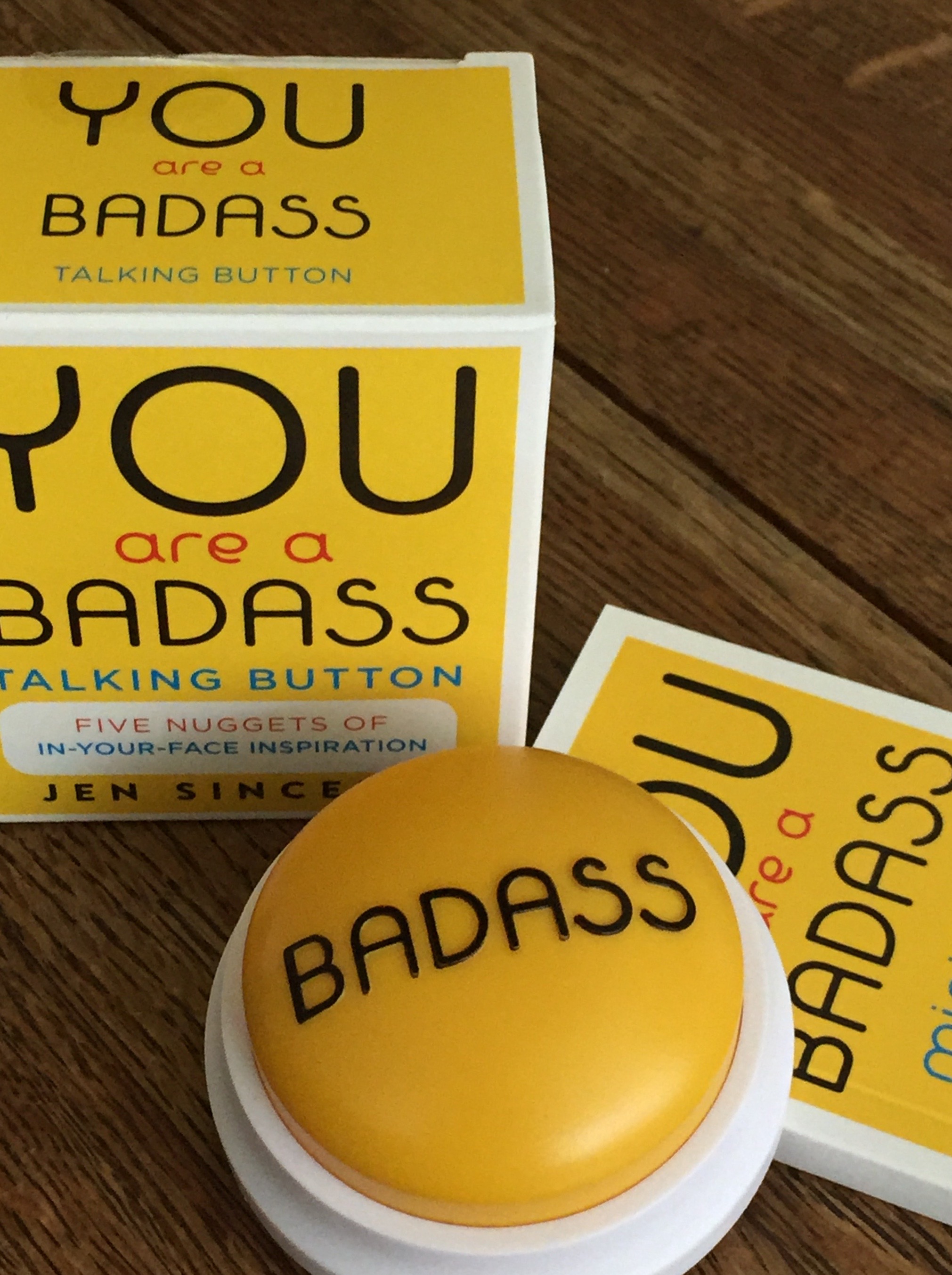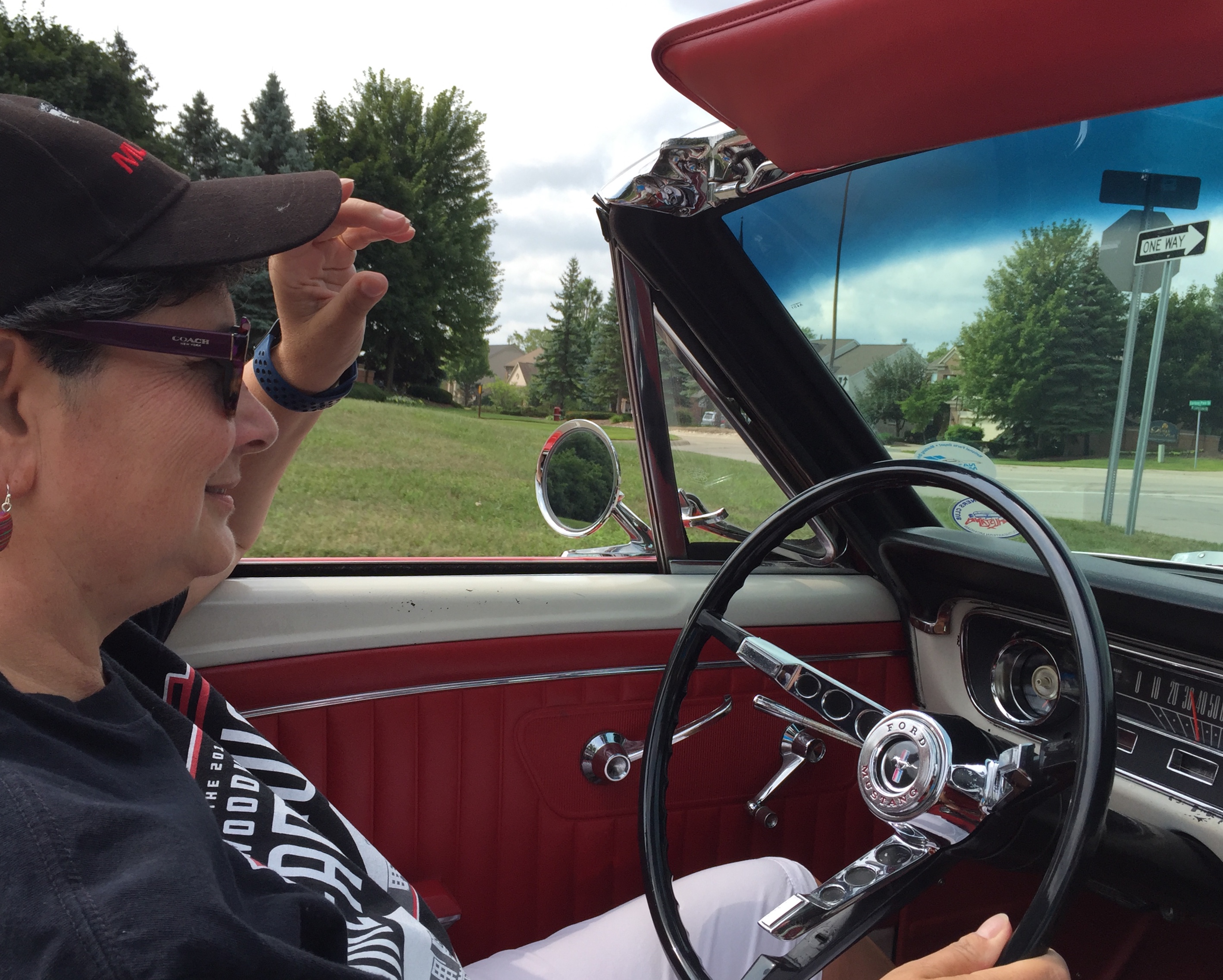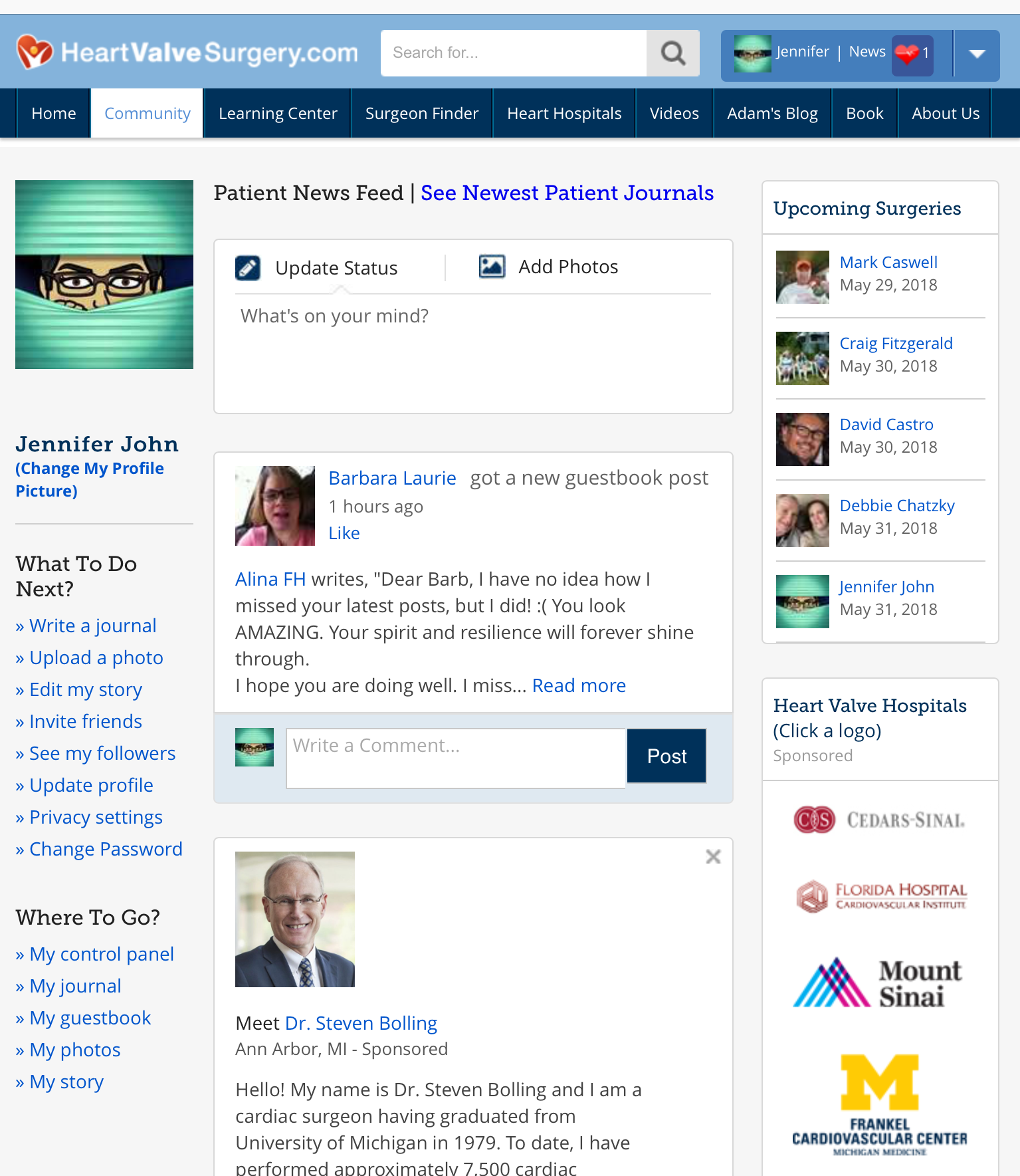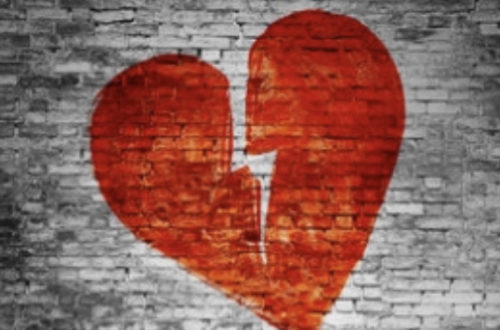Today marks four months post-op. Might be a good time to talk about something most of us would rather ignore: cardiac depression.
In summer 2001, I had open-heart surgery to remove a tumor the size of a tennis ball from both atriums. After seven weeks, I returned to work. Life was good, except it really wasn’t.
At 41, my body overcame the physical challenges of heart surgery. Yet I felt sad, irritable, anxious and overwhelmed. I just wasn’t myself.
Perhaps, I reasoned, this lingering dark cloud was from the horrors of 9/11, an unthinkable tragedy occurring the week before my medical leave ended. The world had gone mad, and terrorists were flying planes into tall buildings killing innocents in the name of … what?
I was an emotional wreck and buried myself in work. That wasn’t hard to do amid constant deadlines and endless projects as a senior writer for one of the country’s largest industrial unions. I trudged on, barely getting through each week.
By Christmas, my mood worsened, and it was time to address it with a professional. I went to see my internist, the same physician who discovered the benign tumor (known as a “hemangioma”) during a routine exam.
Sitting in her office, nervous as a cat, I’ll never forget what I said: “Something’s wrong with me, doc. I’m just not myself. Everything bothers me. I can’t sleep. I’m not hungry. I’m completely overwhelmed.”
She paused, then gently responded. “Well, Jennifer, it’s not like you haven’t been through something.”
My symptoms, she said, were associated with post-traumatic stress disorder (PTSD), something I’d never even considered. Although PTSD is usually associated with extreme trauma, heart surgery and heart attack survivors can experience similar symptoms, including sleep disorders, panic attacks, irritability or anger, depression and difficulty concentrating.
According to the University of Michigan’s cardiology website, heart health is linked to emotional well-being and vice versa. Addressing both elements is crucial after a cardiac event. Studies also show that one in eight heart attack survivors experiences a PTSD reaction.
I was relieved. There was a reason for the gloom and doom. My doctor put me on the anti-depressant Zoloft, which took several weeks to kick in and worked well with minimal side effects. Oddly enough, cardiac rehab was not recommended.
Nearly two decades later, that same doctor witnessed a lone episode of atrial fibrillation during my annual physical last fall. The diagnosis: severe mitral valve regurgitation. My MV repair/maze procedure was a success.
At 58, I’m happily partnered, retired and life is good. Doctors say by the end of this year, I should feel like a million bucks, perhaps better than ever.
Truth be told, a couple of months after my May 31 surgery, I didn’t t feel like myself. And I don’t mean physically. Anxiety, sadness, dread. It was happening again. But this time I knew why and what to do about it. Two months of cardiac rehab have made a remarkable difference in healing my mind and body this time around.
In his book, The Patient’s Guide to Heart Valve Surgery, our website founder Adam Pick describes his battle with post-operative cardiac depression in Chapter 16:
I was noticing an emotional shift in my behavior and attitude toward my health. Since I began reducing my pain medication, I found myself crying more frequently. The smallest negative thought or negative feeling could set me off into a downward spiral that typically generated a rhetorical question that teased and taunted me. That question was, “What is wrong with me?”
Indeed, a healthy mind and body are crucial to your recuperation from heart surgery. Thankfully, the mind-body connection is no longer up for debate. Although the stigma of mental health issues has decreased, there’s still a long way to go.
My advice? Don’t be afraid to acknowledge what you are feeling. Talk to your doctor. Go to cardiac rehab. Make a point of talking with your fellow rehab warriors. Or join a support group. The worst thing you can do is nothing.
(Copyright 2018)




